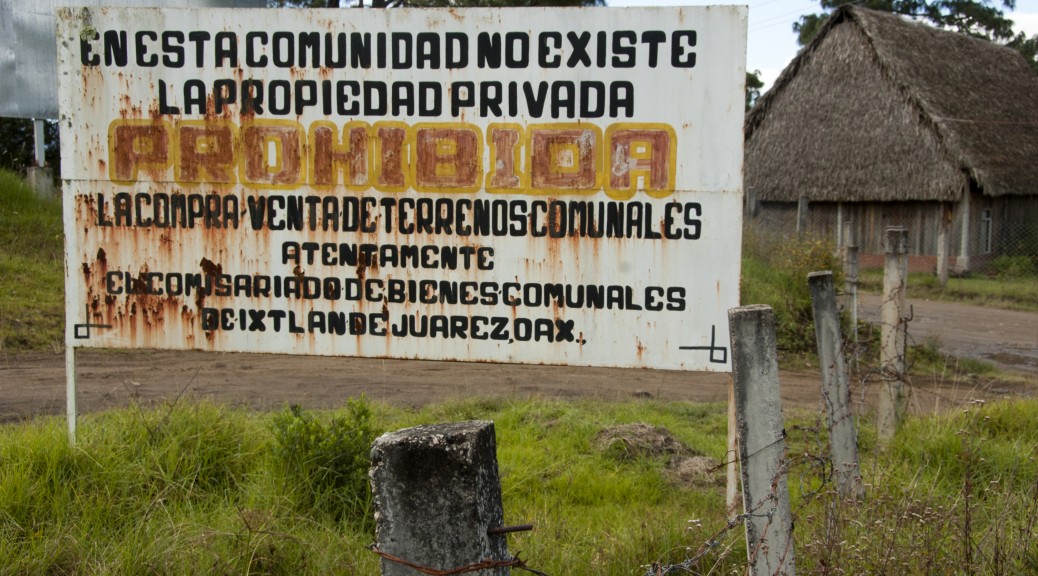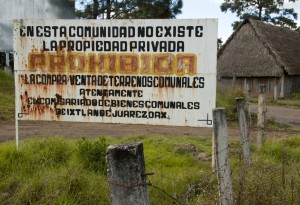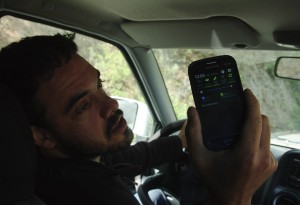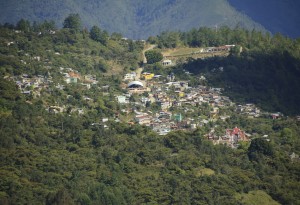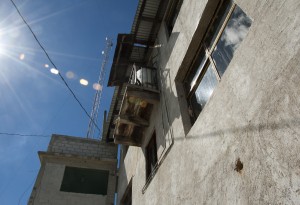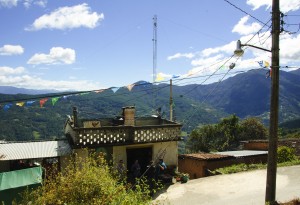IN THE cloud forests of the Sierra de Juárez mountains in southern Mexico, a new kind of tree is springing up: the mobile telephone mast. Unlike most phone masts in the world these are installed, owned and operated by small, mostly indigenous communities. Providing a mobile service in these villages was not profitable enough for big telecoms companies to bother with, unless the locals stumped up $50,000. But improvements in software and the falling price of hardware has made it possible to build a local mobile-phone base station for around $7,500, which non-profit operators and small communities can muster. Continue reading DIY Telecoms
Category Archives: Datelines
Peer-to-Peer Wireless Is Increasing Competition Worldwide
U.S. regulators have been attempting to deal with the negative affect that a few large Internet providers might have on competition. Meanwhile, elsewhere in the world, new mobile technologies have been encouraging competition.
Yesterday, at Mobile World Congress in Barcelona, Spain, the chairman of the U.S. Federal Communications Commission, Tom Wheeler, promoted the net neutrality rules that the FCC recently voted to adopt, and bragged that the U.S. would “continue to be the world leader” in high-tech telecommunications. The FCC’s rules would prevent Internet service providers (ISPs) from prioritizing certain content. Critics say such “fast lanes” would undermine the principles that have led to online innovation (see “FCC Chief Proposes Broader Net Neutrality Rules”). Continue reading Peer-to-Peer Wireless Is Increasing Competition Worldwide
Five Cool Things Revealed at Mobile World Congress
Smart watches got stylish, tablets got new software, and virtual reality goggles wrapped their tentacles around everyone’s faces. Some companies are deconstructing their mobiles into modules. And discussions of the next generation of mobile networks, 5G, centered on how useful it will be for the Internet of Things, not mobile voice or data.
Here is a look at five important tech developments from this week’s conference: Continue reading Five Cool Things Revealed at Mobile World Congress
Smart Watches Show More Style and Substance
Gadget makers are struggling to attract consumers to smart watches, which have sold in modest quantities compared to smartphones and tablets. The Apple Watch, which goes on sale next month, will either give the emerging category a major boost or confirm that wrist-worn computers are a niche interest.
Unlike the first round of smart watches, the LG Urbane or the Huawei Watch, both announced at MWC this week, might pass for conventional luxury timepieces when their round screens are in watch mode. Both are handsomely designed and come in multiple colors with metal and leather straps. Unlike most smart watches, which have toughened glass, the Huawei model, which goes on sale this summer, features a sapphire crystal face. Continue reading Smart Watches Show More Style and Substance
